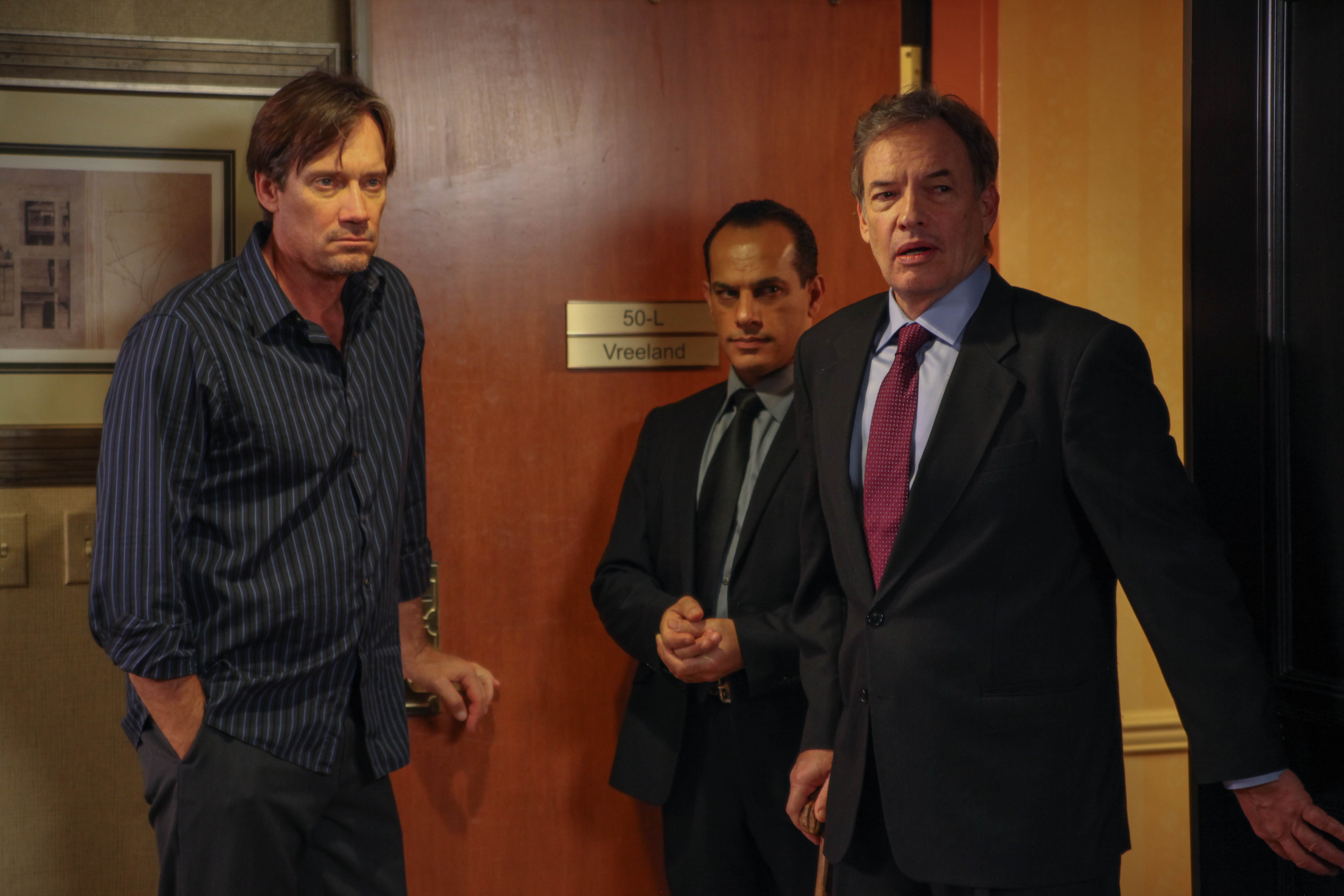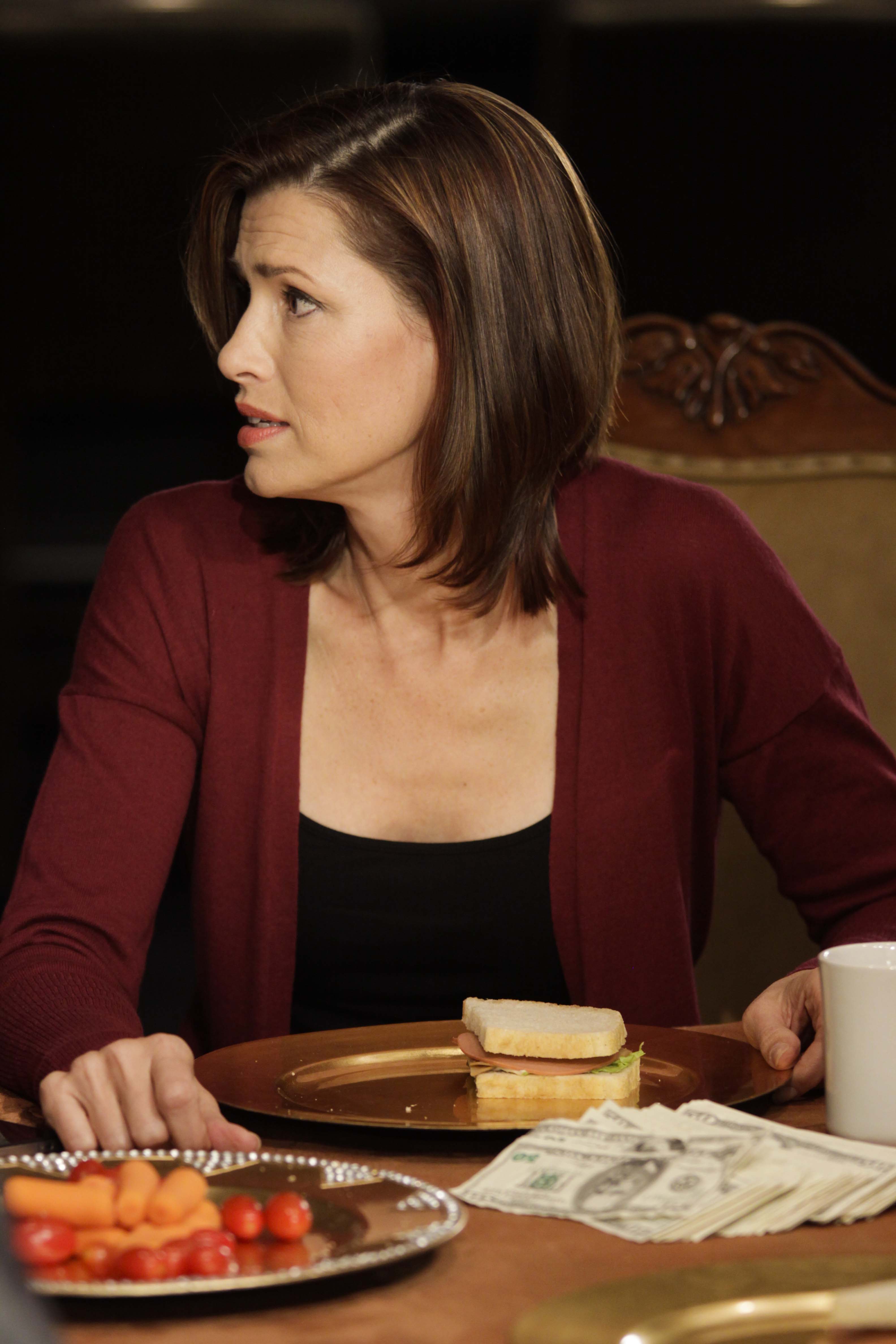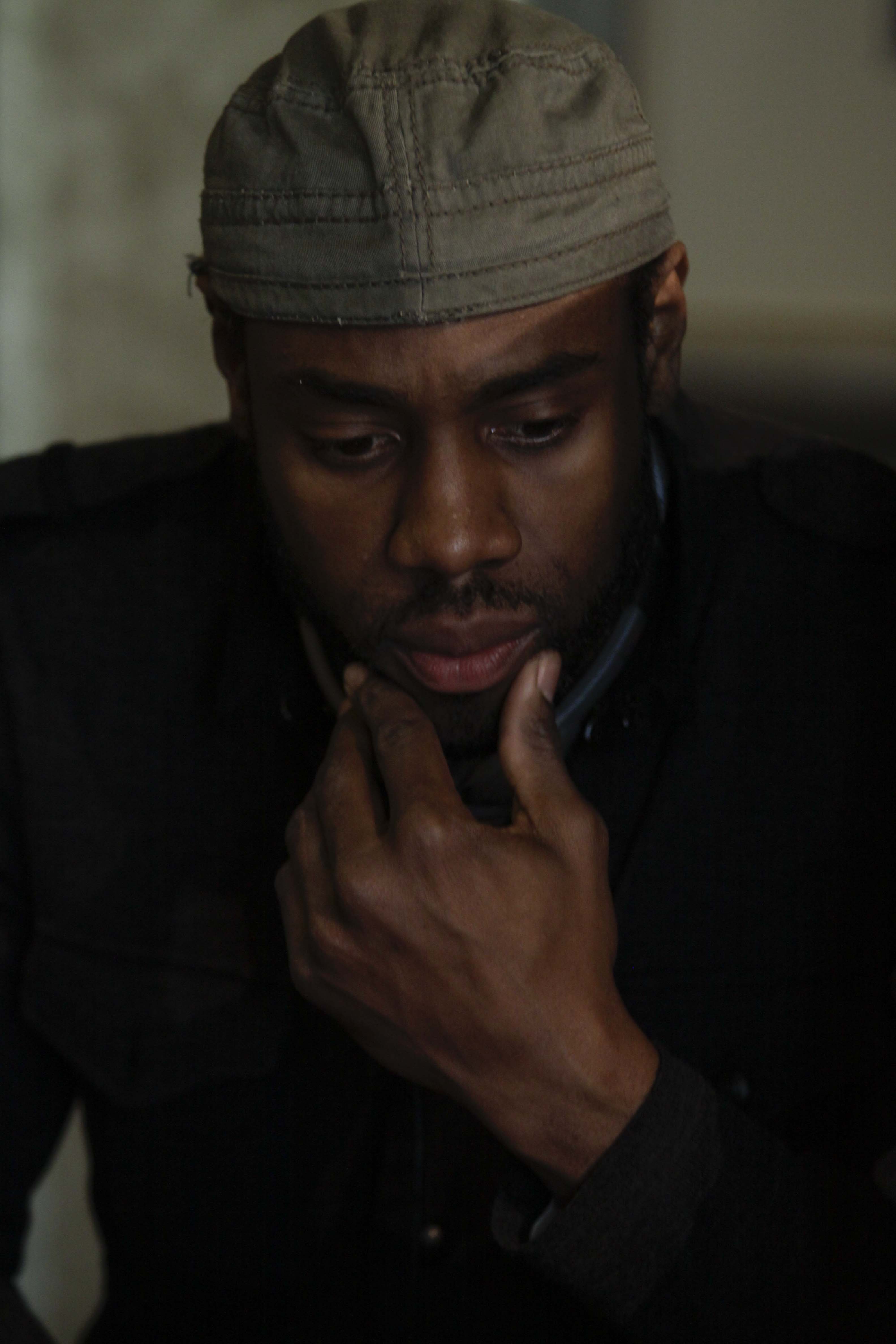|
|||||||||||||||||
November 2009 Web Edition Issue #3 |
|||||||||||||||||
|
Mondo Cult
Forum
Blog
News
Mondo Girl
Letters
Photo Galleries
Archives
Back Issues
Books
Contact Us
Features
Film
Index
Interviews
Legal
Links
Music
Staff
|
WATCH IT BEFORE IT'S GONE!Click to see a Special YouTube Preview of J. Neil Schulman's Alongside Night
Fade Into Day
Alongside Night
Reviewed by Jerry JewettAyn Rand published her monumental magnum opus Atlas Shrugged in 1957. Producing it for the big screen took until 2011 for the first of three segments, an achievement Rand did not live to experience. J. Neil Schulman wrote Alongside Night in 1979, with a substantially shorter 'gestation period' to reach the big screen beginning in 2014. Both movies have in common that they deal with philosophies, ideas and the consequences of ideas, shockingly radical ideas offensive to neo-cons, majoritarians, liberals or other conventional or statist thinkers: ideas about moral culture, property, liberty and economics that are at odds with contemporary dogma and in defiance of historical trends. Both movies have a missionary quality; one that requires study by the interested viewer to come to grips with the inner core of what is being expressed. Both movies are driven by the story to the extent that celebrity performers might actually distract from the thematic import of what the movie means to convey. This movie features the tribulations of Professor Martin Vreeland (Kevin Sorbo), his wife Catherine (Kevin Sorbo's real-life wife, Sam Sorbo) and their children Elliott (Christian Kramme) and Denise (Charlie Morgan Patton). Dr. Vreeland has the distinction of having advised the European community on how to salvage its failing economy, while the American economy slides into the dustbin, the victim of central control and tinkering with said economy, with too many exact parallels to real-world events to detail here. The powers that be seek Vreeland's assistance in reversing the dreadful downward spiral which Federal regulation, experimentation and mismanagement have triggered.  (Left to right): Kevin Sorbo as Dr. Martin Vreeland, Said Faraj as FEMA Agent Sam Shalhoub, and Gary Graham (Alien Nation) as FEMA Director Lawrence Powers. Vreeland, an academic with great practical reason, is played with restrained gusto by Kevin Sorbo. Vreeland is in a position somewhat like that of Hank Reardon in Atlas Shrugged, in that he has a naive hope the system can be rebuilt. However, no John Galt is needed to turn his beliefs upside down and cause him to take a deeper second look, for Federal agents, particularly FEMA thugs (Said Faraj, Kyle Leatherberry) attempt to kidnap his family and hold them hostage, nabbing his wife and daughter. This incredibly hostile act radicalizes him to the point where his loyalties vacillate, then switch polarity so that he decides he is not meant for even limited-government government service. The Revolutionary Agorist Cadre consists of free-thinking individuals of the libertarian, agorist and anarchist persuasion (featuring Star Trek Voyager's Tim Russ and Garrett Wang). The group stages guerilla-style acts to expose the hypocrisy of the Government (the Federal government that is) as well as to cast sand into the gears to slow down the mechanisms of oppression of the people by the elites. At the same time, the introduction of the New Dollar causes uncertainty, fluctuations and dislocations. Social chaos runs rampant. Another problem is that the unpaid US Military service members seem to desert in droves, some of them joining the Revolutionary Agorist Cadre. Brad Linaweaver appears as Curtis H. Landy, union negotiator for the deserters.  Sam Sorbo (Hercules: The Legendary Journeys) as Cathryn Vreeland (Mrs. Martin Vreeland). In real life Sam Sorbo is Kevin Sorbo (Dr. Martin Vreeland)'s wife. Radio Free Enterprise is another cultural resource devoted to undermining the status quo, with the Cryptohippie Darknet as another. No plot spoiler is involved in revealing that free-market insights and references abound. Von Mises on the Liberty coin is one. Elliott's substitute teacher Murray Konkin (Ethan Keogh) is an obvious splice-up of Murray Rothbard and Samuel Edward Konkin III (who makes a posthumous cameo appearance). The hip-hop send-up of Frederich Hayek is briefly quoted, as well as a small section from Linaweaver's recent award-winning Silicon Assassin. This is where the well-informed viewer will find cues and hints that may escape the general audience. The US President (Jake Busey) is portrayed as a specimen of populist buffoon, clearly a figurehead or policy-puppet without a clue, perhaps not unlike the real world around us, in that particular sense. An early scene depicts a foot-chase by FEMA agents of some pedestrians, which savors somewhat of Keystone Cops comedies, somewhat of a Monty Python skit and somewhat chillingly of Fahrenheit 451. Delving too deeply into the plot would constitute a spoiler, not the point of this review. The question of whether the good guys win or not, turns entirely on who one thinks the good guys are. I think the good guys win, but then I am the wild-eyed radical, after all. The movie features natural tensions, fraternal camaraderie, familial anxiety, social unrest, family animosity, stark philosophical conflict, death and violence, vista and scope, plots and schemes, indoor and outdoor action and a lot of cultural references, wisely inviting audiences of many demographic characteristics to join in the fight for the restoration and enjoyment of freedom. Freedom is not the domain nor the objective of any group, but the objective of self-aware individuals, whatever their group affiliation. An aside: in an early scene, Dr. David Albaugh ("Al"), the character played by Schulman, who, as a Resident Assistant at George Mason University, let then-student Martin Vreeland smuggle his class-mate Catherine into his dorm room, offers slight reproof to a visitor to the bookstore which Al owns and operates: "It's all in Rothbard, it's just all in Rothbard; what do they teach in the schools these days?" This purely echoes Professor Digory Kirke, after speaking to the Pevensie children in C.S. Lewis's The Lion, The Witch, and The Wardrobe: "he muttered to himself, 'I wonder what they do teach them at these schools.'" (Page 54 of the Harper Trophy paperback edition.) LEFT  Behind the scenes on the shooting set of Alongside Night (Left to right): Reid Cox as Deanne Powers AKA Lorimer and Christian Kramme as Elliot Vreeland. Great music elevates this movie to a higher level. The title song by Soleil O'Neal-Schulman stunned me: at first, I thought I might be hearing Shirley Bassey (the golden voice who sang the title song to the movie rendition of Ian Fleming's Goldfinger), her voice is so rich. The National Symphony Orchestra of Ukraine which plays composer/conductor Daniel May's score is first-rate, with variegated but fascinating incidental music thrown in at intervals. The movie comes to us from a book, but unlike Atlas Shrugged, which also sprang from a book, the writer here keeps a steady hand on the whole thing, for J. Neil Schulman produced, wrote, directed and has a role in this engaging production. Schulman freely admits to Rand's influence in his extensive acknowledgments section at the end. However, considerable inventiveness and ingenuity, combined with evident prescience (the book was written nearly 40 years ago but the movie, with some technological updates, speaks to the present time very powerfully) make the work as contemporary as this morning's weather, something briefer and different than Rand's work.  Valence Thomas (Men in Black 3) as the Revolutionary Agorist Cadre's Major Benjamin Harper AKA "The Tzigane" Street demonstrations play a recurring role in this movie. The speaker and singer at the principal demonstration (Adam Kokesh, Jordan Page) do real justice to laissez faire and libertarian themes. One could wish for more of the protest singer Jordan Page's fare, and the lyric sheet. In fact, one could wish for crowds who chant "It's not my debt" in response to the National Debt and all that implies. When such a mass uprising actually does occur, the State's days are numbered. The movie has the great advantage that the powers of the market are not on the defensive here. A pretty well-laid scheme of counter-attack gets put to the test. "Putting up with it" is never treated as an option. That theme of pro-active resistance partakes of Rand's masterwork in the sense of vigorously fighting back, though by different means. Those who have succumbed to "putting up with it" may be emboldened by this movie. Those whose longing for freedom takes on a practical aspect may find inspiration here. Those who favor Empire and domination will be repulsed, of course; so be it . . . Abundant professional talent and an adequate budget supported the making of this fine movie. The result is visually bright and stunning, laced and layered with great music and pregnant with the theme of the unquenchable human spirit seeking liberty. No animals were harmed in this carbon-neutral production, but we must dispel the rumor that J. Neil Schulman is the long-lost younger cousin of Ayn Rand; he is not. JESULU PRODUCTIONS | 2014 |
||||||||||||||||



